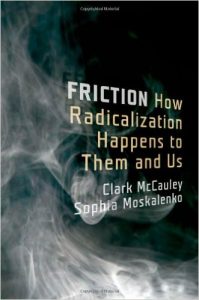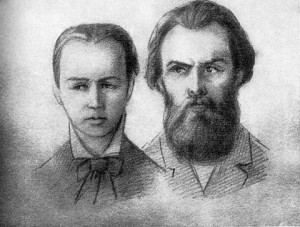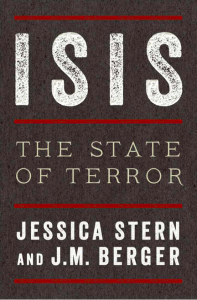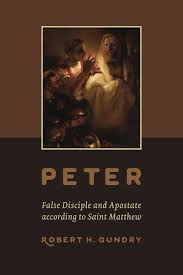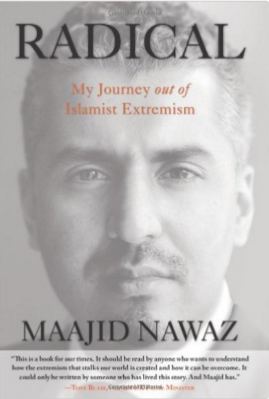A bibliography of a few Vridar posts taking an in-depth look at the Suffering Servant figure in Isaiah and how it was understood before Christianity. . . .
The Influence of Isaiah’s Suffering Servant Before Christianity
Isaiah 53 and the Suffering Servant is a major text for Christianity (in the New Testament it is used to interpret Christ’s death) but what did it mean to adherents of Judaism before Christianity?
Did any Jewish interpretations anticipate the meaning it held for later Christians?
To what extent were the authors of the gospels innovative in their use of Isaiah 53 (and Isaiah as a whole)? To what extent were they simply employing ideas they absorbed from their surroundings?
Is it possible that Christianity itself evolved in part from earlier sectarian understandings of Isaiah 53?
This post looks at some work by Martin Hengel and demonstrates the way other pre-Christian texts — Sirach and Zechariah — interpreted Isaiah’s Suffering Servant figure.
From Israel’s Suffering (Isaiah’s Servant) to Atoning Human/Messianic Sacrifice (Daniel)
The previous post showed the apparent influence of the Suffering Servant of Isaiah 53 upon the books of Zechariah and Ben Sirach/Sira. This post pauses to look at some background before resuming with the way the Book of Daniel adapted Isaiah’s Suffering Servant idea in the light of contemporary events — around 165/164 BCE.
A chapter by Martin Hengel is the basis for the posts.
It appears that at the end of this post I anticipated writing one more to conclude the series. I must complete that as soon.
Other posts: Continue reading “Isaiah’s Suffering Servant Before Christianity”

